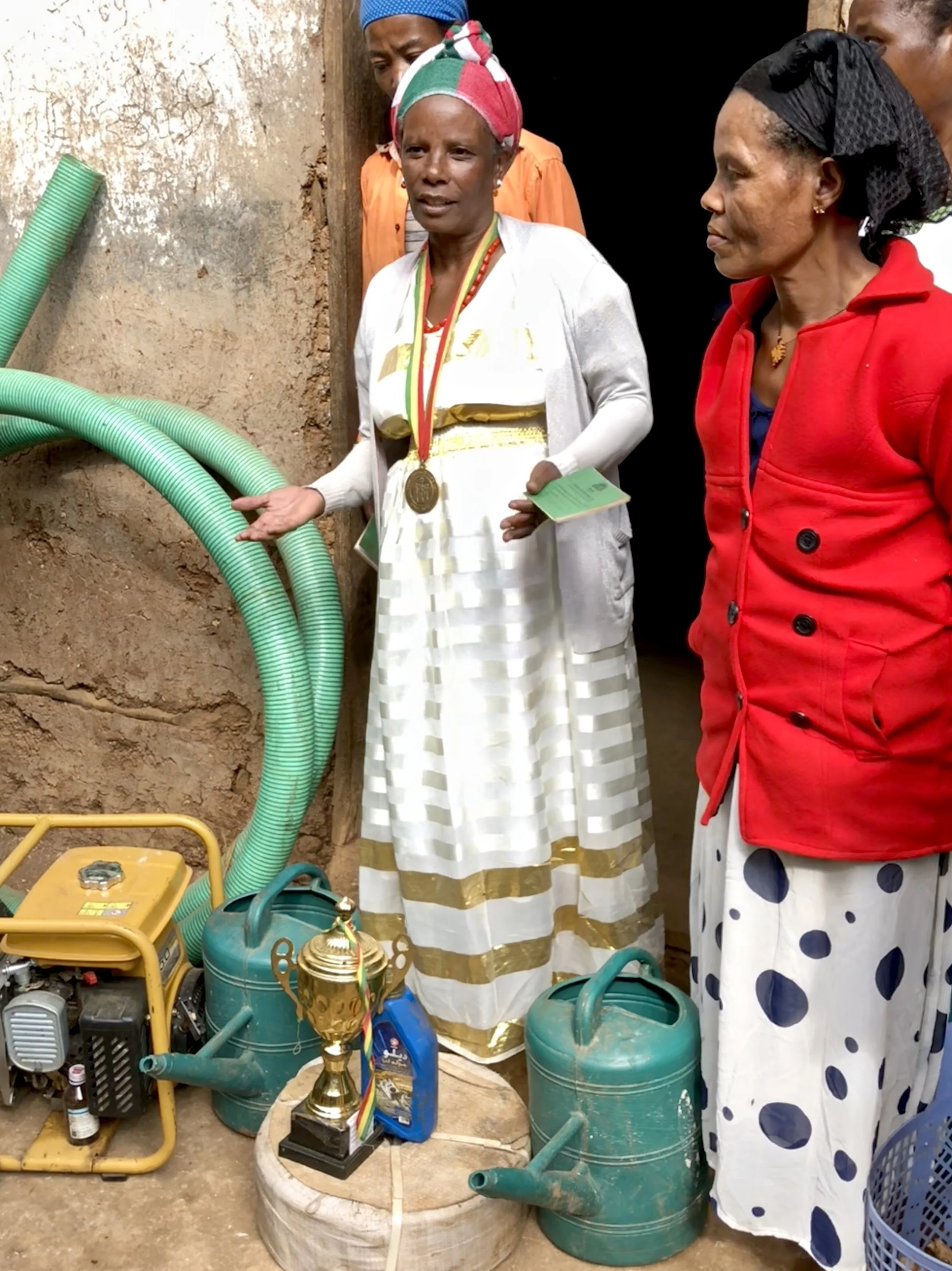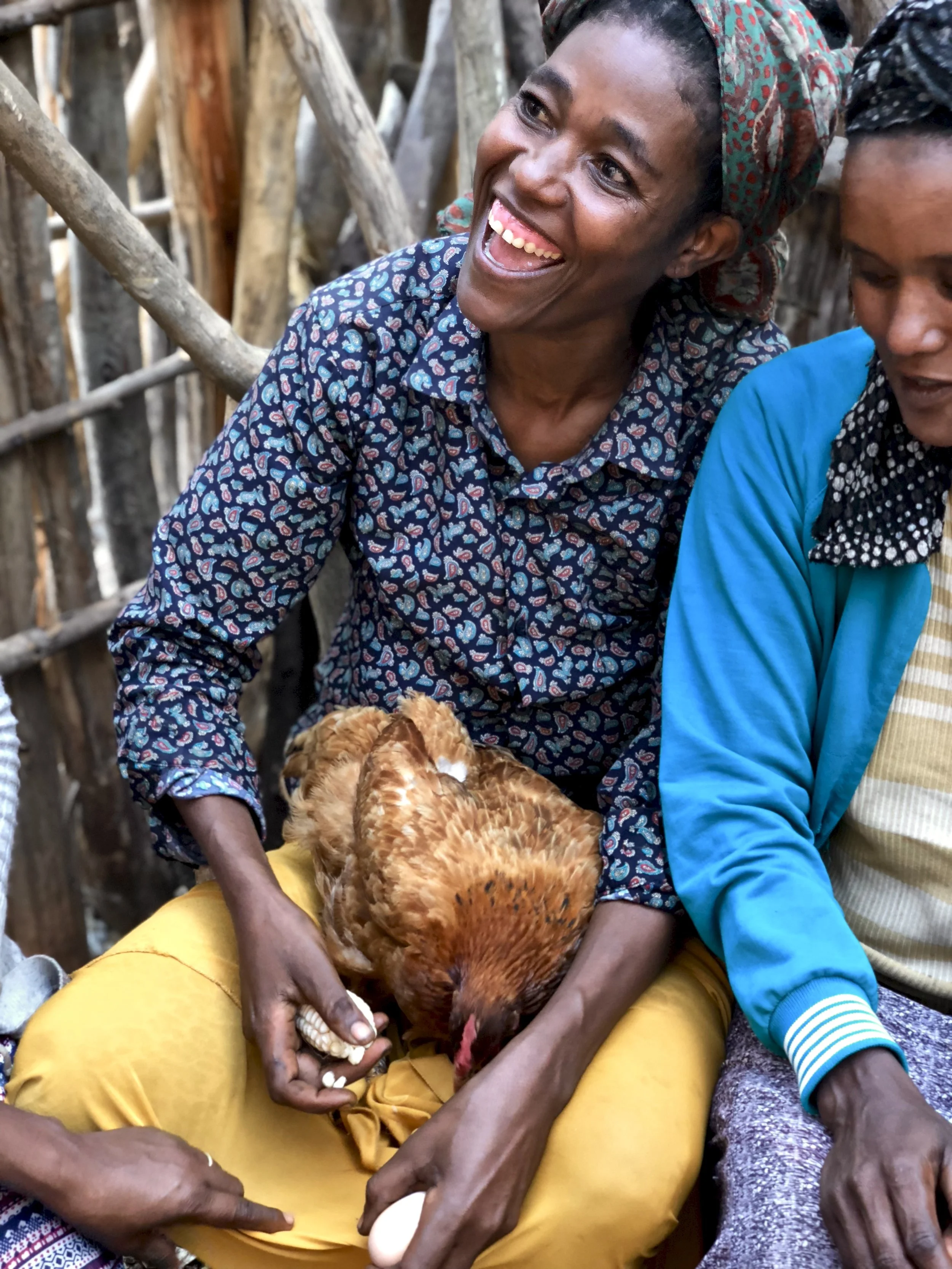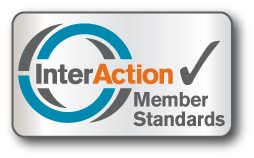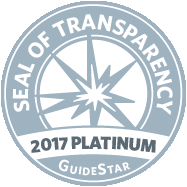We're excited to introduce you to Ashenafi Tadesse, WEEMA’s first Planning, Monitoring, Evaluation, Accountability and Learning (PMEAL) Coordinator! Ashenafi collects and analyzes data from WEEMA projects in order to measure our progress as we work towards project sustainability.
Ashenafi decided to join the WEEMA team last year because “WEEMA focuses on excellence in program execution in order to provide all forms of rights and dignity to the community at the grassroots level.”
The information collected and analyzed by Ashenafi helps ensure that WEEMA is using efficient and effective methods that incorporate community voices. The results of the assessments are used to guide future projects.
We asked Ashenafi to answer some questions about his role, and why he is so passionate and enthusiastic about being part of the WEEMA team!
Can you describe your position in your own words - what does a PMEAL Coordinator do? Why is PMEAL so important?
“The PMEAL Coordinator set standards, indicators, and quality measures and helps guide the organization from starting line through to the finish. PMEAL tracks the organization’s performance, success, and failure in accordance with effectiveness, and efficiency, impact and sustainability. An organization without PMEAL doesn’t know what went well and what went wrong.”
What initiatives at WEEMA are you most excited about? How will you, as the PMEAL officer, help support these initiatives?
“We are excited to establish strong relationships with policy makers, planners and key actors at various levels to ensure the smooth execution of development initiatives that will transform the community by empowering local assets. This is an area that inspires me to exert my efforts towards such important initiatives.”
Based on your observations, what makes WEEMA’s programmatic approach different from other development organizations?
“WEEMA has a bottom-up approach; [we] hand the baton to the community to in order to help them develop their own sense of ownership."
What is your vision for WEEMA’s practice of “accountability”? How do you in your position as PMEAL Coordinator help WEEMA to ensure “accountability” with communities?
“WEEMA’s vision, mission, strategic objectives, and priorities need to be transparent and well understood by the communities. The communities must be well informed about WEEMA’s integrated decision-making processes.”
Give me an example of how you turn your data and analysis into action.
“...WEEMA International considers it’s strengths, weakness, opportunities and threats across all current and past projects through a process we call ‘'One Evaluation.’' As the PMEAL Coordinator, I lay the groundwork for this evaluation and assist in organizing, leading, coordinating, reporting the results and learning."















